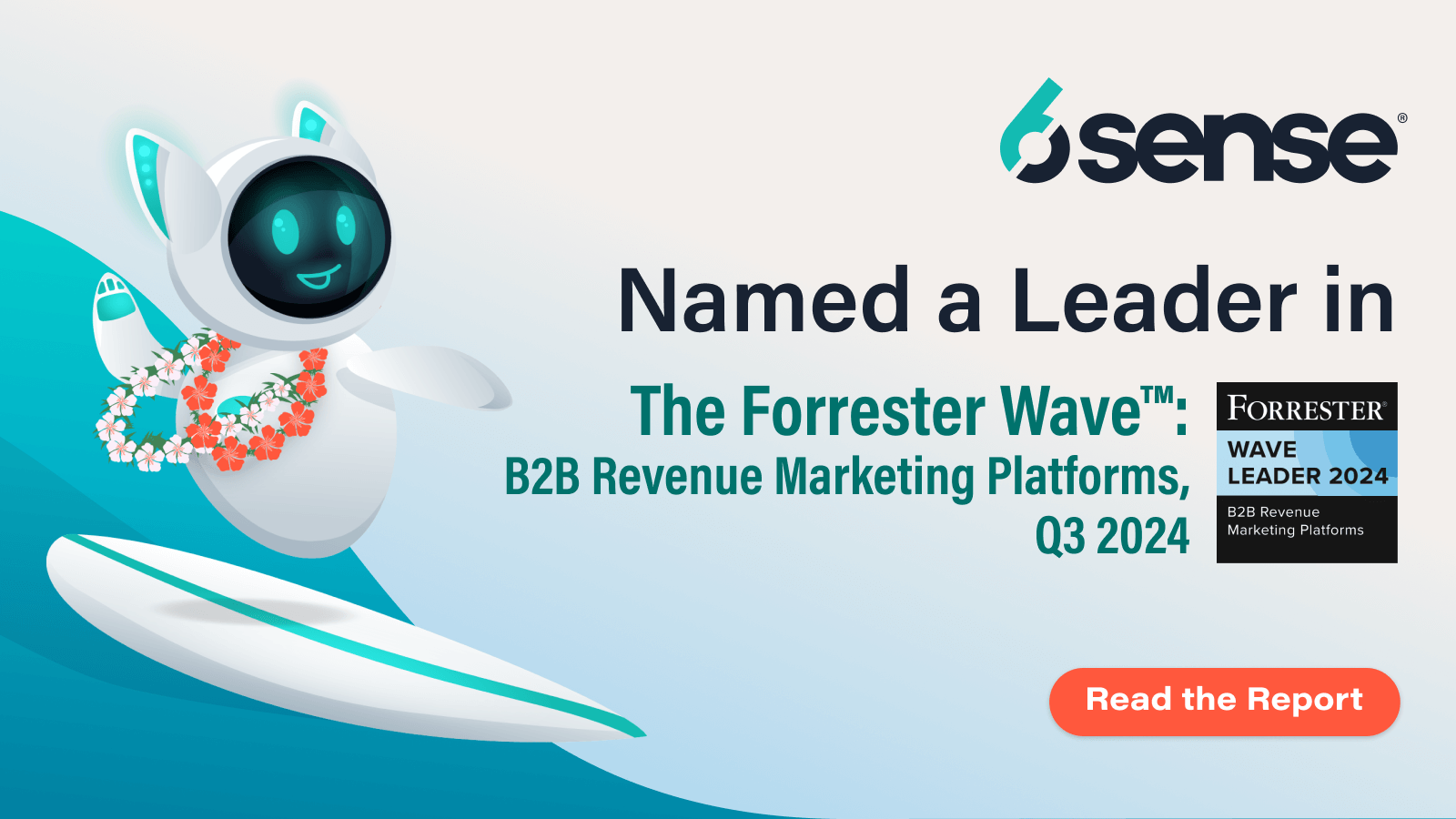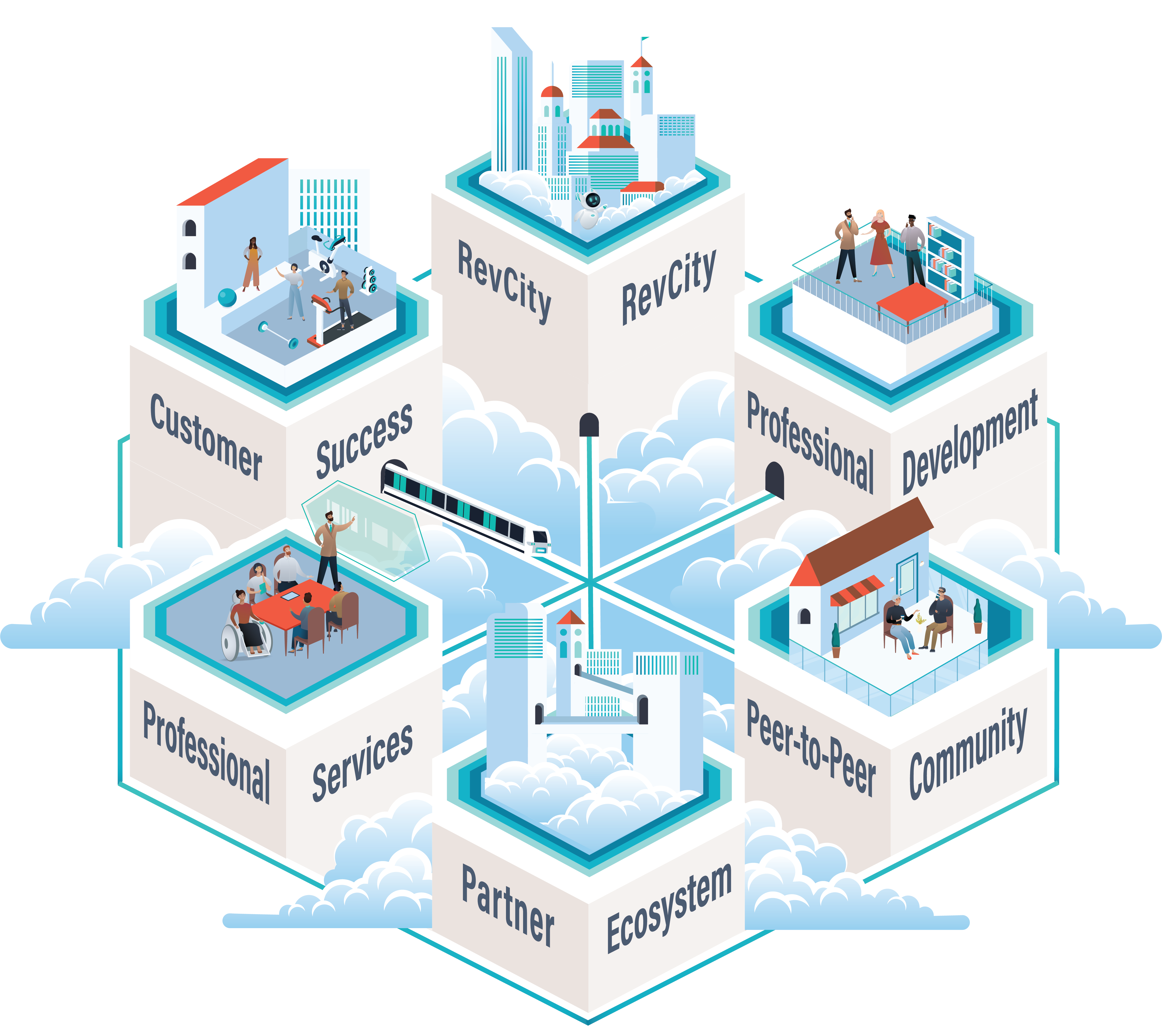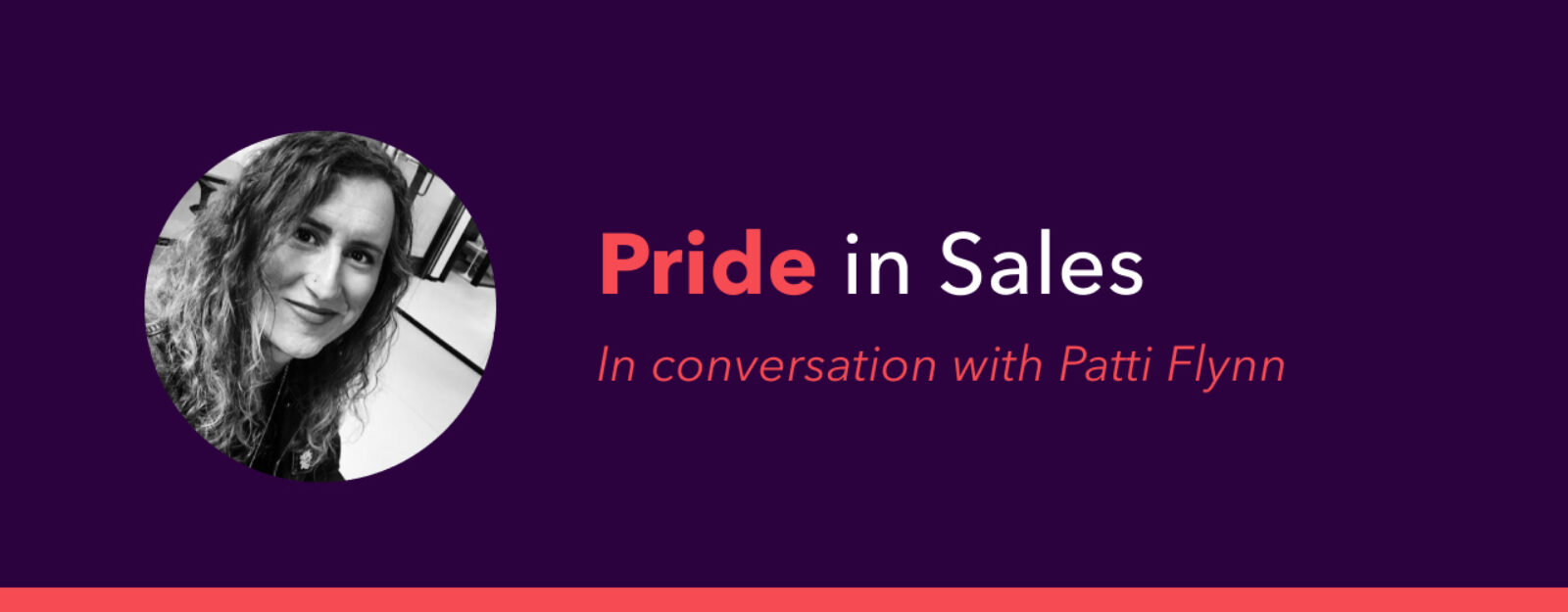To celebrate Pride Month, we sat down with Patti Flynn, a Process Improvement and Change Management professional, to discuss diversity, equity, and inclusion in organizations.
Patti, could you tell us a little bit about your work and what you do?
I am currently working as a diversity, equity and inclusion trainer and strategic planner. I go into a company and assess where they are with their inclusion plans and come up with a strategy on how they can make it better.
Usually, there are a lot of things that they can do to fill the gaps in their DE&I plans. Most companies don’t know where to start, so I go in and help them.
As a diversity and inclusion speaker, what do these words actually mean to you?
Diversity simply means getting people from different walks of life, race, gender orientation, and more into a place.
But It really is worthless without ensuring that an inclusive and welcoming environment is present. Creating an environment that is inclusive is what is going to keep these people there and it is just as important.
What do you think is the need of the hour when it comes to educating salespeople about the LGBTQ+ community and individuals that identify as part of the community?
I say this to all the folks in the business world: generations age, and the current Gen Z population are going to be hitting the workforce and they are going to be your buyers. At least 30% of them identify as some member of the LGBTQ community.
Businesses are going to have to change. They are going to have to figure out how to work with people who are not mildly different but are radically different on some levels.
But if I am to think of any group of folks in the business world, salespeople are probably the most mentally flexible to be able to create relationships with people of different backgrounds because the ultimate goal in sales is to sell.
There are so many young professionals that are looking to come out at work, but are hesitant to do so. What would you like to tell them?
Don’t do it until you feel safe. Don’t do it in a workplace where you know that you’re not going to be safe. Coming out at work is such a personal decision that there is no one-size-fits-all answer. It requires a lot of self-listening before telling others who you are.
There are innumerable instances of people passing (even unintentionally) homophobic/transphobic remarks in conversations, in workplaces and otherwise. When allies find themselves in situations like these, what should they do?
It’s quite simple, actually. Say it is not funny. Say it is derogatory.
The more you stand up to these situations the better people will realize that these kinds of comments will not fly.
Sometimes all it takes is just one person to stand up against discrimination and derogatory remarks for others to get the courage to do the same.
What are some of the major things organizations can do to make their workplace more diverse + inclusive and combat homophobia/transphobia?
First thing companies need to do is invest in the community. It just doesn’t mean you put up a rainbow logo during June and then forget about the community the rest of the year.
Next would be hiring people from the community. However, to do so, companies need to first create an environment that is inclusive and allows for people to succeed, no matter who they are.
Don’t let trans-misogyny and transphobia in general slip away. There’s an urgent need to address this issue and for the person involved in making transphobic remarks to understand why it is not right to do so and why the company does not tolerate it.



